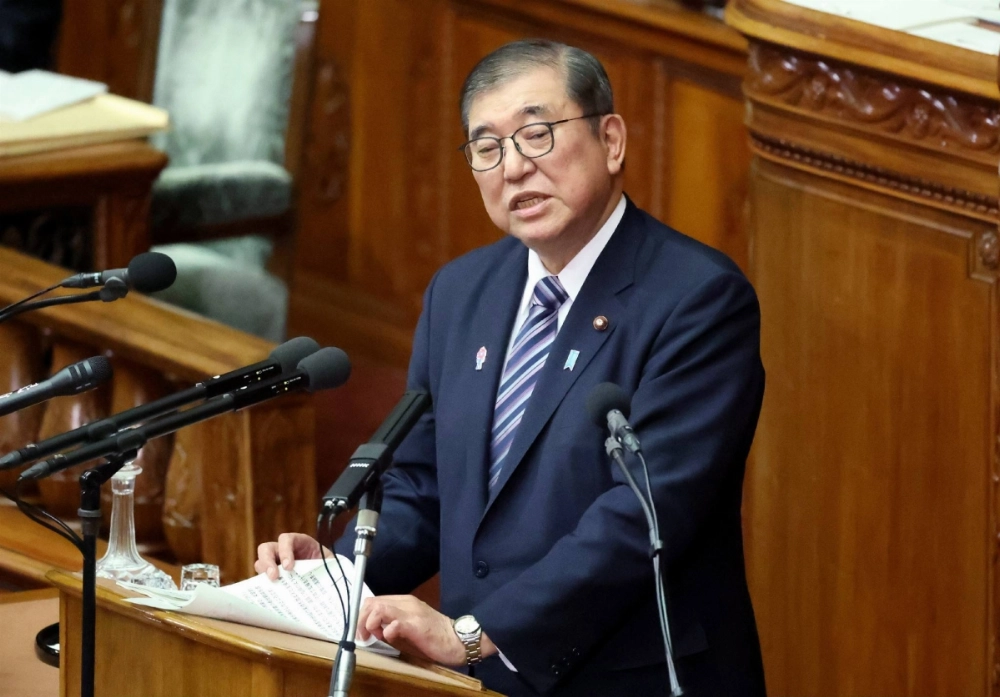Prime Minister Shigeru Ishiba’s government risks rejection of its annual budget if it doesn’t concede more ground to the Democratic Party for the People as it seeks a higher tax-free allowance, according to the small opposition party’s policy chief.
The DPP will continue to push for the ceiling on tax-free income to be lifted to ¥1.78 million ($11,500) and will not accept the ruling coalition’s current proposal, DPP policy chief Makoto Hamaguchi has said. He also largely ruled out a possible ramped-up government offer cited in a local media report.
"I don’t think we can agree to that,” Hamaguchi said in an interview when asked whether the DPP will give the ruling bloc the additional votes it needs to pass the budget if the tax-free ceiling is bumped up to ¥1.5 million without a commitment to keep raising the allowance or an agreement to scrap a gasoline tax.


















With your current subscription plan you can comment on stories. However, before writing your first comment, please create a display name in the Profile section of your subscriber account page.